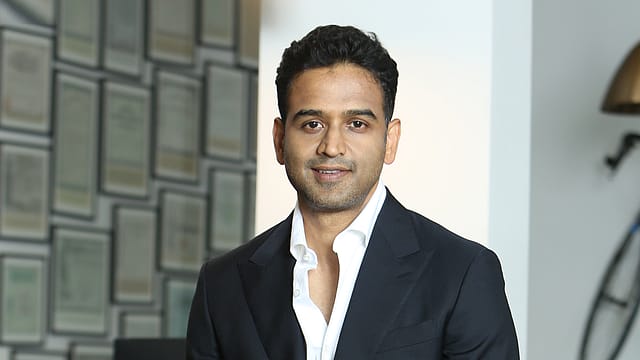Founders, VCs overestimate size of Indian market: Nithin Kamath
ADVERTISEMENT

Corporate governance issues coming to light in Indian startups will only increase with time, according to Zerodha founder and chief executive Nithin Kamath.
While founders will be blamed, the venture capital (VC) ecosystem is equally to blame, Kamath says, adding that the root cause of this is the overestimation of the size of Indian markets by founders and VCs.
"While India is a fast-growing economy that will hopefully be an economic superpower in the future, it isn't that today. The size of the target market (TAM) by revenue needs to increase significantly to justify the valuations of the startup ecosystem in the country," the Zerodha CEO says in a series of tweets.
Most VCs have miscalculated this and maybe oversold the India opportunity to their investors limited partners (LPs), according to Kamath. In a "small market like ours" with limited M&A (mergers and acquisitions) opportunities, large exits within 7 years - the lifecycle of a fund within which founders are expected to give exits - are hard, he says.
The Zerodha founder says building a resilient business in India takes time and he can't think of many who have done it in less than 10 years. "If VC funds have 7-year lifecycles and push startups for exits within 7 years, how can anyone build a good business? Maybe the fund lifecycles for India should be longer," he explains.
Given what the VC ecosystem is selling to their limited partners (LPs), the founders have to sell a story that syncs to raise funds, Kamath points out. "I have seen so many startups funded whose decks were almost delusional. In an ideal world, VCs should help correct this, not fuel the delusion," he says.
"For example, I've decks where startups claim 30-50 crore Indians will be investing by 2027, and they can capture over 10% of that. This is when we had around 6 crore Indians filing income tax returns. Someone should have asked what they were smoking instead of funding them," Kamath says.
"If I could use one line to explain what I think is the root cause of the problem: Believing in a TAM (total addressable market) that isn't there yet and then burning out by chasing it," he adds.
Most of the governance issues coming to the fore now and in the future will likely not be traditional fraud but misreporting things to justify the stories founders have oversold to raise capital, Kamath says. "If the incentive is to constantly oversell, we get what we're seeing. So the blame isn't just on the founder, but also on the VC ecosystem that fueled it," he explains.
This discussion is important because India needs continuous capital, not spurts, to be an economic superpower, says the Zerodha founder. "We reduce the odds of that happening if people invest in or build businesses with the wrong expectations, leading to bad narratives, and can slow capital flow."